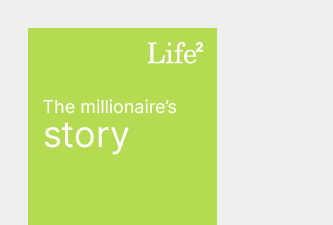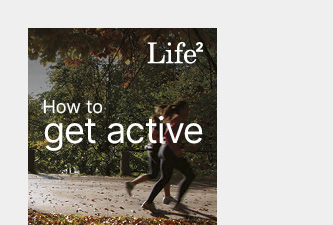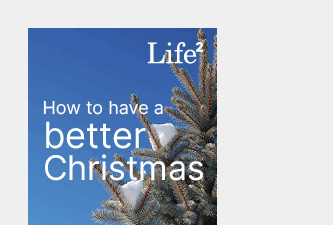This summer, as with every summer, a great cull of friendships begins. There’ll be little sign of it on social networking sites, where defriendings and unfriendings are as much background noise. Rather, it’ll take place quietly, in the lives of ten thousand young people across the land. They will be leaving university or school. The so-called ‘best days of their lives’ will be ending. With their education over, the greatest years for friendship will be concluded too, if the received wisdom is right.
Youthful friendship is widely celebrated in our culture. It’s a regular subject on the big and little screen, in films like Grease and series like High School Musical. The original social networking site, Friends Reunited, traded on the desire to relive the nostalgia. If the research is right, and today’s adults are an increasingly lonely breed – according to some research, a quarter now saying they have no one to confide in – then perhaps college days are the only days when we can be sure we won’t be ‘bowling alone.’
But were those friendships really so good? If leaving education is all it takes to curtail them, were they so wonderful to start with? There’s reason to think not, and by the same lights, reason to think friendship afterwards may actually be more substantial.
If you read the great philosophers of friendship, individuals like Aristotle and Ralph Waldo Emerson, three characteristics of young friendships come through. First, they form quickly because of what the friends are doing together, namely being educated. Being thrown together, with a common project, is actually the easiest way to make friends. The other place it routinely happens is at work. But notice something about what happens there. If you move office, or your work friend changes job, the chances are that your friendship will fizzle out pretty quickly too. It’s odd, when you think about it, as you’ll have spent many hours, five days a week, with that person, and been glad they were there. And yet, if they leave Friday, you’ll almost have forgotten them by the Tuesday of the following week.
The friendship you shared depended on the work you did together. If you take the work away, the friendship has little to go on, and so like a flower out of water, it wilts and wilts fast. Aristotle realised that these friendships are valuable. They brighten the working day. They put the spark into college life. However, what doesn’t necessarily happen is that you get to know these friends for who they are in themselves. That’s what the closest and long-lasting kind of friendship requires. It then doesn’t matter what you’re doing together and, in fact, if you can be with someone doing nothing, and not be embarrassed, that’s a pretty good sign you have a close friendship. So perhaps those college friends weren’t so great anyway.
A second characteristic is that good friendships are future orientated. Emerson had a lovely image that captured this sense. He noticed that when friends are painted together, they tend to be shown looking straight ahead, and not gazing into each other’s eyes, which is what lovers do. When people gaze ahead, they are surveying the future. This is what close friends do. Conversely, friendships that are based on looking back, to glorious days now past, are drawing down on the battery of life, and don’t have the means of charging it up. Nostalgia only lasts so long and, to be honest, quickly loses its lustre. Perhaps this explains why Friends Reunited is now not so well known as Facebook. The most active relationships on Facebook are those that have a future. Friends Reunited is essentially an exercise in dwelling on the past.
The third characteristic is the most disturbing. It was summarised well by William Shakespeare, when he observed that ‘most friendship is feigning’. He added that most loving is folly too, so perhaps he was having a bad day. But it’s an insight worth exploring. What he’d noticed is that friendships, good and bad, are full of little obfuscations, little white lies. Hence at college, there was that time when you didn’t tell your girlfriend that her new boyfriend was an idiot. And that period when you hung out with someone else not because you liked them but because it was cool to be seen with them, or you felt sorry for them, or you just couldn’t find anyone else.
So why do we do this? Isn’t friendship nothing if it’s not honest? Friedrich Nietzsche is another philosopher who pondered such questions. Whilst he’d been a student, he’d enjoyed a handful of good friendships, including one with the composer Richard Wagner. Its calamitous end would provide material for an opera. But Nietzsche remained convinced that friendship is one of life’s great blessings, and he concluded that friends are often dishonest to each other for good reasons. We don’t know our friends as well as we think we do. We certainly don’t know ourselves as well as we like to imagine either.
Knowing yourself, and being prepared to let someone else get to know you well, is therefore the basis of soulmateship. And guess what? Students tend not to know themselves very well. It’s after they leave college that they work themselves out. So it’s arguably not until then that we are in a position to make really good friends. And it’s arguably for that reason too that college friends tend not to last, and we shouldn’t lament their passing.
Mark Vernon is the author of The Meaning of Friendship (Palgrave Macmillan). For a Friendship Intelligence test, and more information, see www.markvernon.com
© Life Squared 2010




